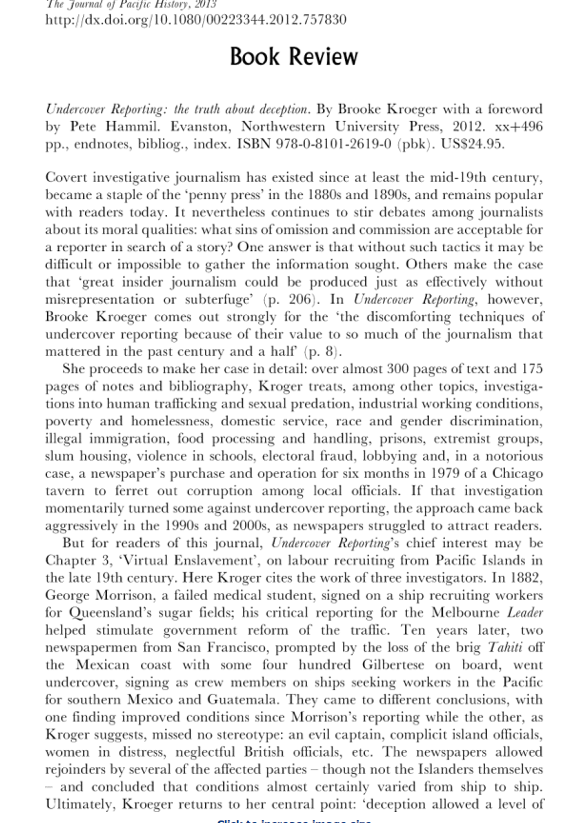Book Review: "A People's History of the United States" by Howard Zinn
In his groundbreaking book "A People's History of the United States," Howard Zinn challenges the traditional narrative of American history by telling the story from the perspective of ordinary people. Rather than focusing on the actions of political leaders and elite figures, Zinn delves into the experiences of marginalized groups such as Native Americans, African Americans, women, and immigrants.
Zinn's writing is engaging and accessible, making complex historical events easy to understand for readers of all backgrounds. He provides a critical analysis of key moments in American history, shedding light on the injustices and inequalities that have shaped the country's development. From the exploitation of indigenous peoples to the struggles of working-class Americans, Zinn presents a comprehensive and nuanced view of the nation's past.
One of the strengths of "A People's History" is its emphasis on the voices of those often overlooked in traditional history books. By foregrounding the perspectives of ordinary citizens, Zinn offers a more inclusive and accurate portrayal of American history. This approach challenges readers to rethink their understanding of the past and consider the impact of historical events on different communities.
While some critics have accused Zinn of bias and oversimplification, his commitment to social justice and equality is evident throughout the book. By centering the experiences of marginalized groups, Zinn highlights the ongoing struggles for justice and equality in American society. "A People's History" is a powerful reminder of the importance of challenging dominant narratives and amplifying the voices of those who have been silenced.
Overall, "A People's History of the United States" is a thought-provoking and essential read for anyone interested in understanding the complexities of American history. Zinn's passionate and compelling writing style makes this book a valuable resource for students, scholars, and general readers alike. It is a must-read for anyone seeking a more inclusive and critical perspective on the nation's past.

